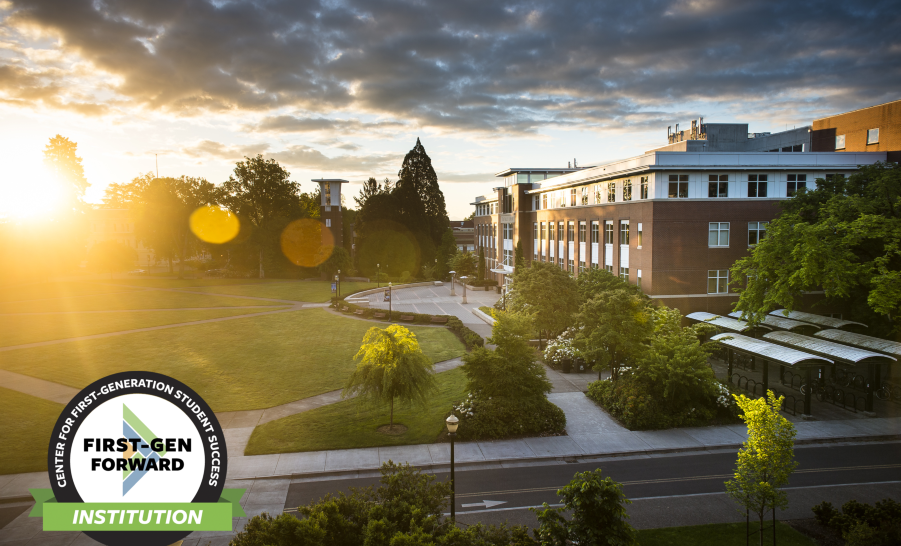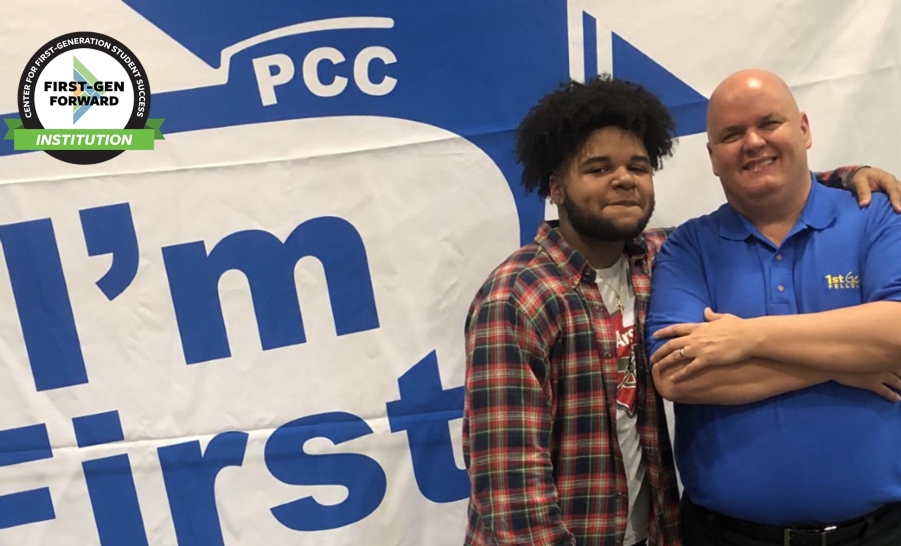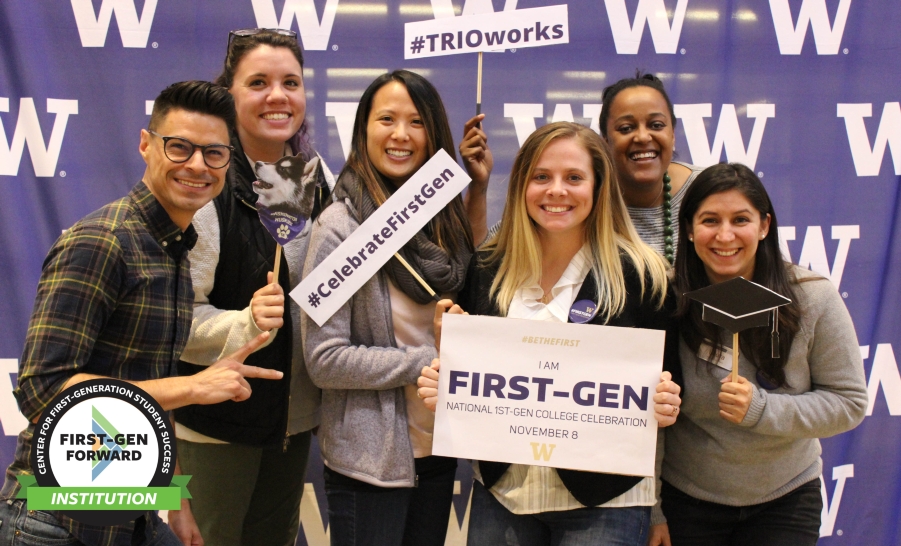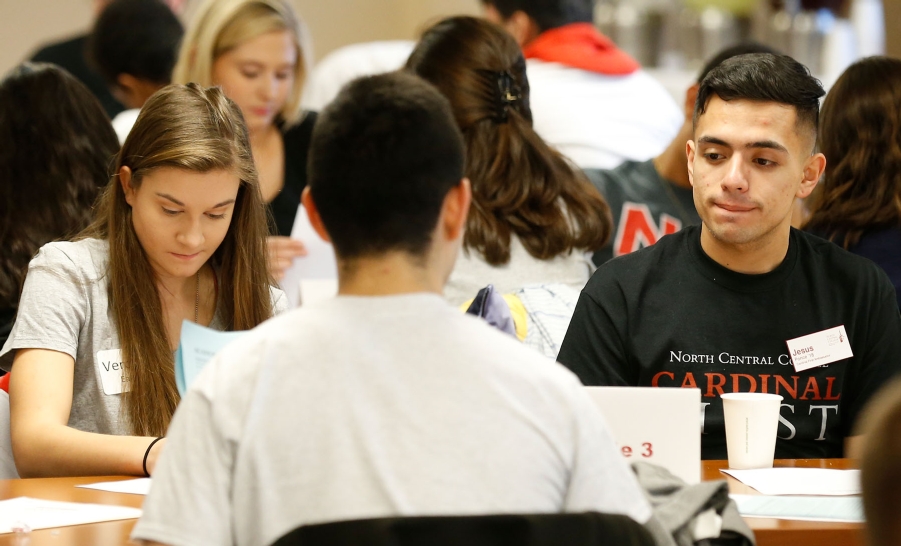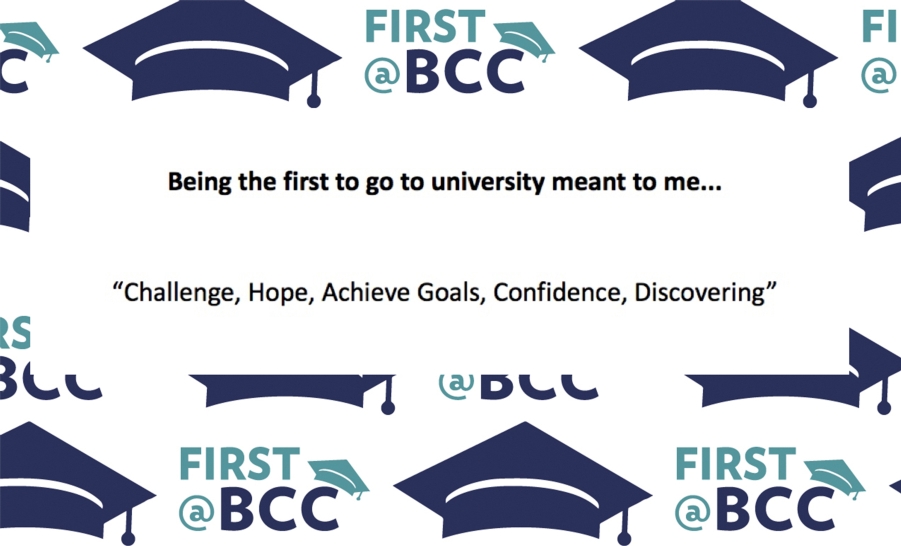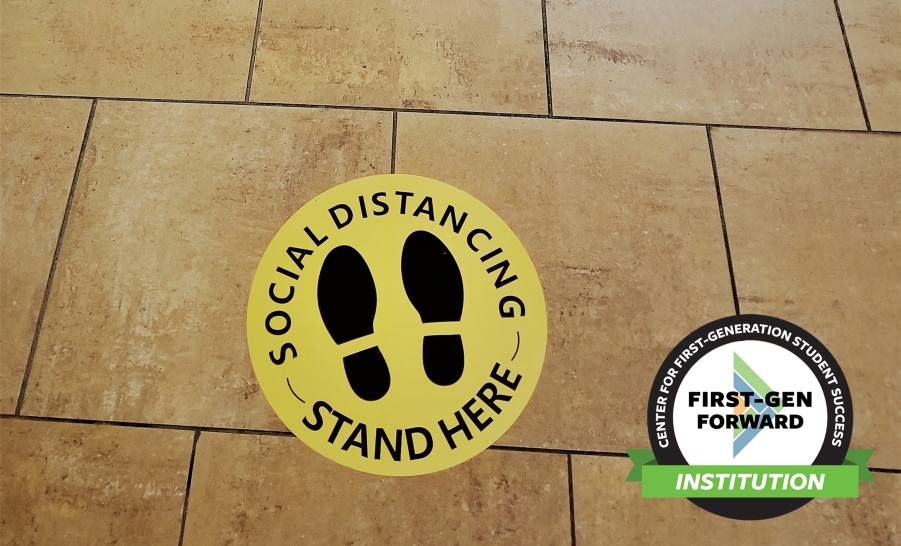Engaging Diverse Stakeholders to Develop a Strategic Plan for First-Gen Student Success
Keaton Glass, Joshua Robinson, and Jessica Wiggins, Jacksonville State University / FirstGen Forward / March 11, 2024
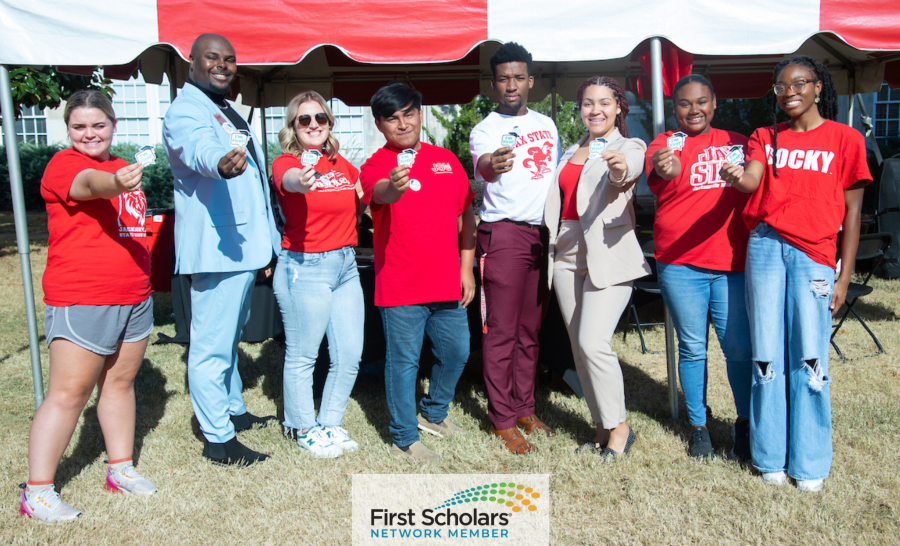
Tackling first-generation student support programs and initiatives can feel scary and intimidating at first. When Jacksonville State University (Jax State/JSU) initially started this conversation, we had amazing ideas, but we seemed to get lost in a fog of analysis paralysis. Luckily, Jax State had just finished developing a strategic plan, so we decided to apply that same framework to first-gen student support. A strategic plan is helpful to approach topics in a meaningful way.
Why a Strategic Plan?
When joining the First Scholars Network, we were asked to identify strengths and opportunities for growth in how we approach first-generation student success. When taking inventory of the initiatives and programs Jax State offered, we noticed that many offices were doing some amazing things to support our students. However, those offices did not always communicate with each other about their programs. Our goal in creating a strategic plan was to get everyone to the same table, include voices that were not being heard, and coordinate our efforts. Once we all got to the same table, we were able to find common passions, identify new approaches, and learn from faculty with research expertise in first-generation student success. We were also able to learn from the experiences of our current students and alumni, which we used to inform our plan.
Who was Involved?
To ensure the strategic plan would have an impact, we knew we needed to gain the support of a diverse group of stakeholders. To accomplish this task, we began to brainstorm who to include on the steering committee. Ultimately, we selected a group that represented most divisions on campus and included staff, students, faculty members who study first-gen issues, alumni, and a local high school guidance counselor.
Once we brought the group together, we needed to decide how to craft our plan. Ultimately, we elected to build our plan around the University’s mission and overall strategic plan, Maslow’s Hierarchy of Needs, and the dimensions of wellness as defined by the Substance Abuse and Mental Health Services Administration (SAMHSA). These elements helped us ground our plan in initiatives we feel are most important to the institution and the students we support – which, in turn, would help us garner institutional buy-in.
What Did We Come Up With?
Our committee decided upon seven strategic initiatives to focus on from 2023-2026:
-
Strategic Initiative 1: Establish a Method for Collecting Information about First-Generation Students’ Needs and Experiences, to Make Data-Informed Decisions.
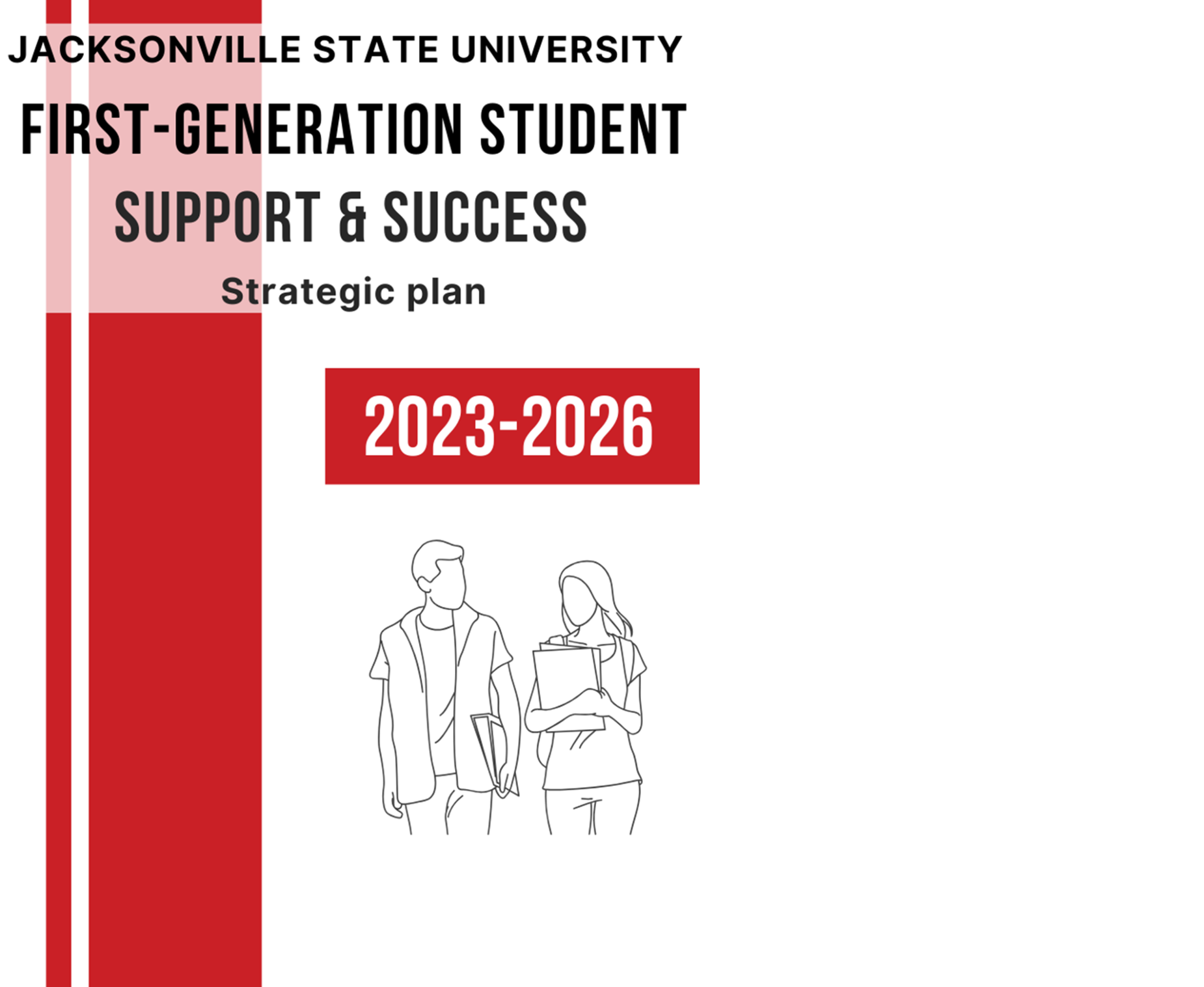
- Strategic Initiative 2: Develop a Branded Marketing Initiative to Inform the Campus Community of the Programs and Services Developed for First-Generation Students.
- Strategic Initiative 3: Develop Communities of First-Generation Students to Foster a Sense of Belonging and Support.
- Strategic Initiative 4: Develop Intentional Programs and Activities to Support the Needs of First-Generation Students.
- Strategic Initiative 5: Identify First-Generation Faculty, Staff, and Supporters and Provide Opportunities for Education, Engagement, and Mentorship.
- Strategic Initiative 6: Create a Guide for First-Generation Students that Demystifies Collegiate Jargon and Explains the Intricacies of Campus Life.
- Strategic Initiative 7: Establish an Endowed Scholarship for First-Generation Students at Jacksonville State University.
Once we decided upon the strategic initiatives, subcommittees were developed to help us tackle projects. We assigned a planning committee member to lead each subcommittee and charged them with giving the larger committee updates each month. We also identified action steps for each initiative and identified responsible parties, needed resources, success factors, and deadlines for each action step. This framework has been extremely helpful in keeping us on track and monitoring progress toward our goals.
How Has This Process Strengthened Institutional Buy-In?
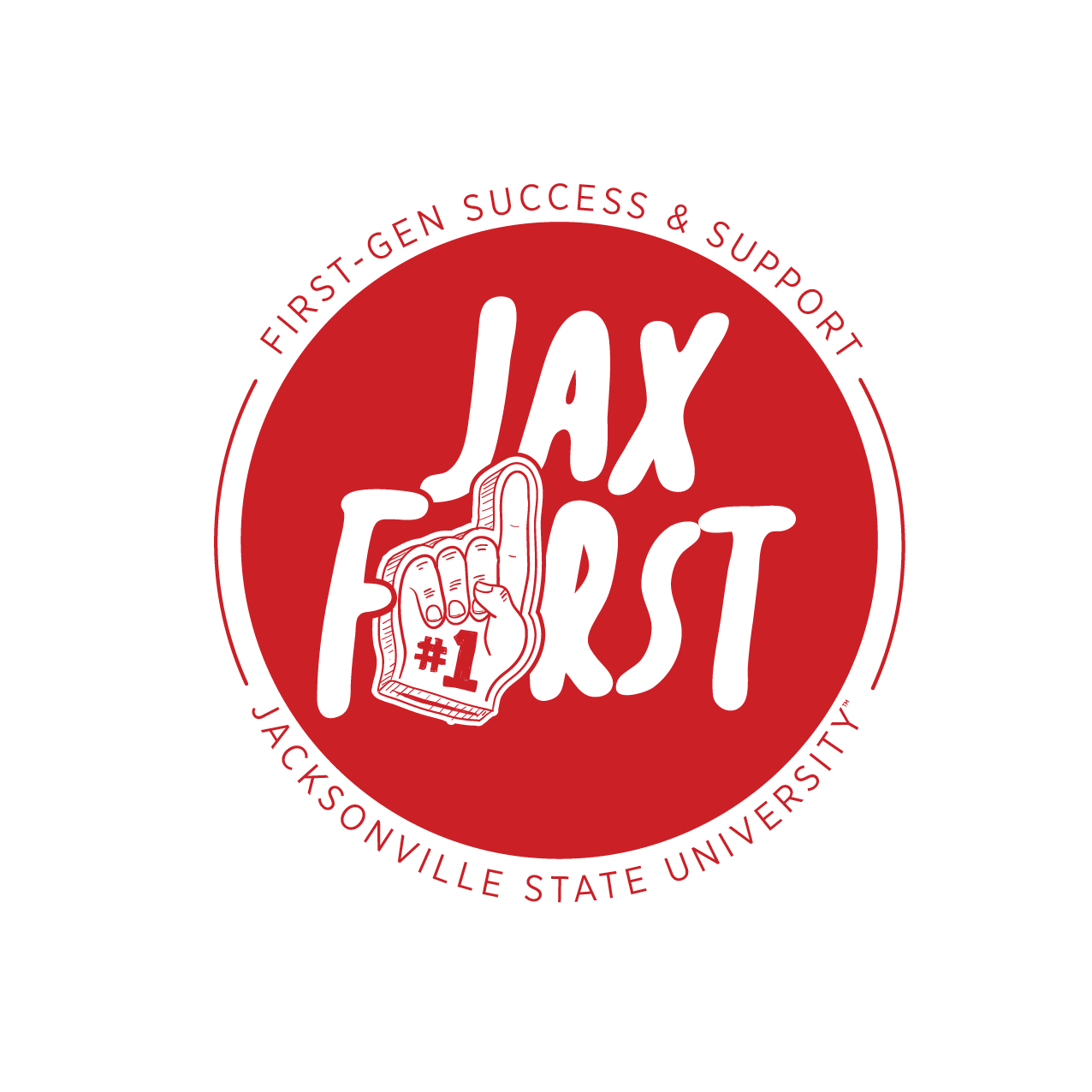
What Successes Have We Seen?
We have made tremendous progress toward our strategic initiatives since we finalized the plan in Fall 2023. We have established a First-Gen Society, strengthened student involvement in first-generation celebration days, and created branding for first-generation initiatives at the university. We have enhanced the ability for students to self-report their first-gen status, which will ultimately assist in our data collection. We are also finalizing a needs assessment to be distributed to first-generation students, and we have begun fundraising for a scholarship fund.
“The first-generation student support and success steering committee has impacted first-generation students by giving them a space to develop their social skills through planned events that cater to their needs. Additionally, the committee supports academic needs by making students aware of campus resources. Finally, the networking opportunities the committee has developed help first-generation students build a foundation of support at Jax State.” - Tierra Thatch, SGA President
